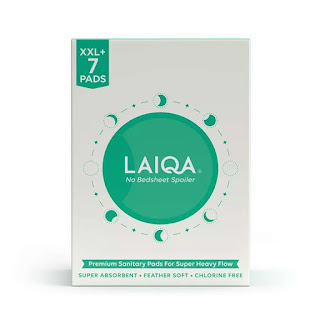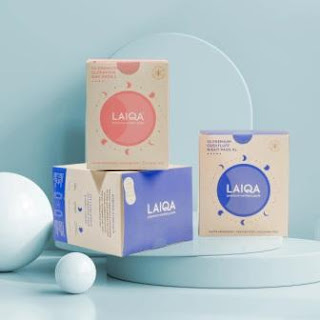Are there any potential health concerns associated with using disposable period panties? Are they suitable for everyone?
Disposable period panties, also known as menstrual underwear or period underwear, have gained popularity as an alternative to traditional menstrual products like which pad is best for heavy flow or tampons. While they offer convenience and eco-friendliness, there are a few potential health concerns to consider, and their suitability varies for different individuals. Here's some information to help you make an informed decision:
Material
Sensitivities: Disposable
period panties are typically made from synthetic materials, such as
polyester or nylon, which may cause skin irritation or allergies in some
individuals. If you have a known sensitivity to these materials, it's important
to read the product's label or consult with the manufacturer to ensure the materials
used are safe for you.
Breathability:
The breathability of disposable period panties can
vary depending on the brand and design. Proper airflow is essential to maintain
vaginal health and prevent bacterial overgrowth. If the panties are not
adequately breathable, it may increase the risk of infections or discomfort.
Consider choosing a brand that emphasizes breathability and moisture-wicking
properties.
Absorbency: Disposable period panties have varying levels of absorbency. It's
crucial to choose a product that matches your flow intensity. If the panties do
not provide sufficient absorbency, leakage may occur, potentially leading to
discomfort or embarrassment.
Menstrual
Hygiene: Proper menstrual hygiene is crucial
regardless of the product you use. With disposable period panties, it's
important to change them regularly (as instructed by the manufacturer) to
maintain cleanliness and reduce the risk of odours, bacterial growth, or
infections. You can also check out period pain
relief roll on.
Individual
Suitability: Disposable period panties may not be
suitable for everyone. Those with heavy menstrual flow may find that the
absorbency of period panties alone is insufficient, and they may need to use
additional menstrual products or opt for higher-absorbency versions.
Additionally, people with certain medical conditions, such as severe
endometriosis or excessive bleeding, may require specialized management and
should consult with their healthcare provider regarding the suitability of
disposable period panties.
Remember, it's always a good idea to consult
with your healthcare provider or gynaecologist before trying a new menstrual
product, especially if you have any specific health concerns or conditions.



Comments
Post a Comment